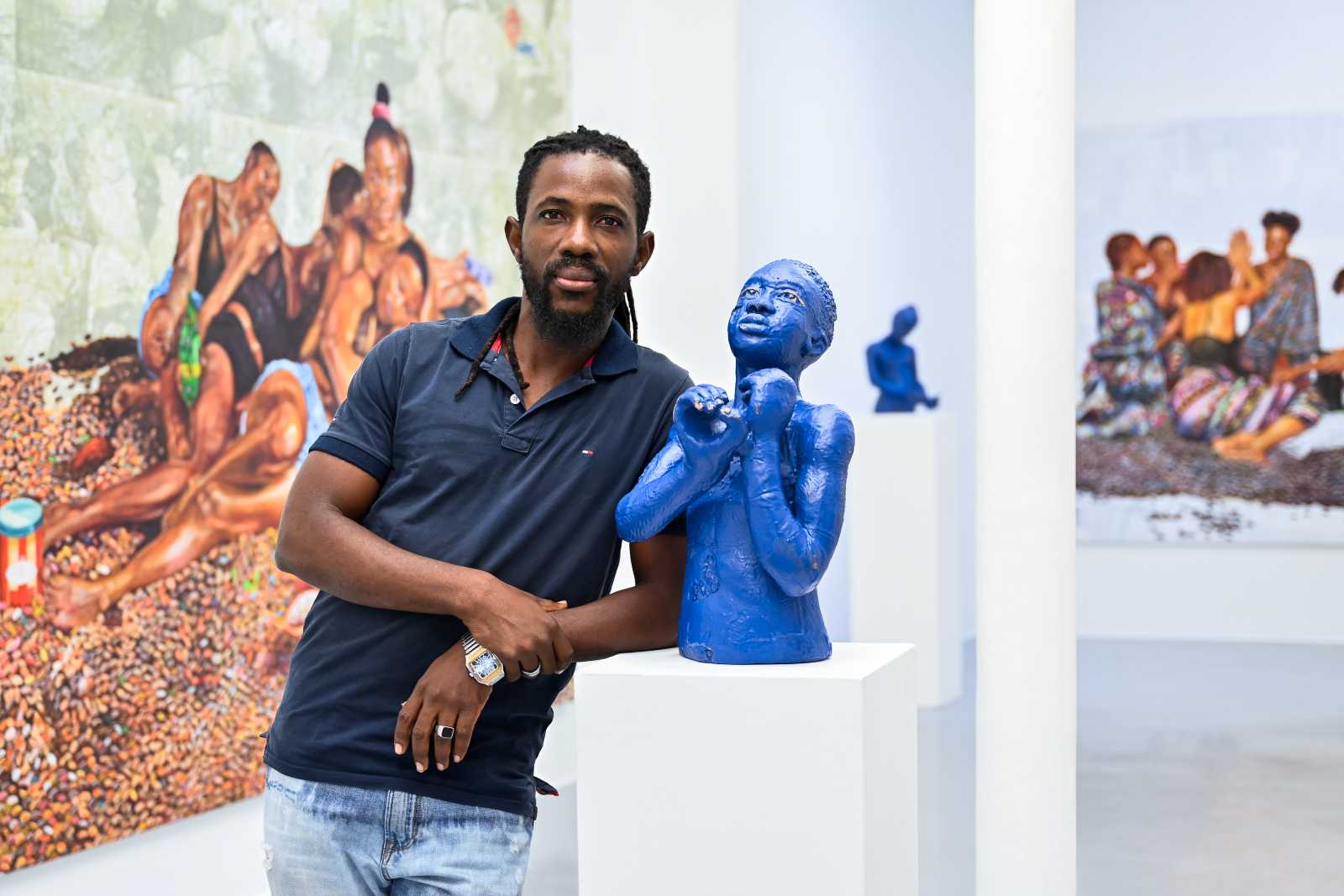Comment
Legalise it
By Sheila Mysorekar
A hundred billion dollars is spent per year on this war. One should assume it can be won, if by sheer numbers, but that would be a fatal error. In spite of an immense input of weapons, money and human lives, there is no clear progress in the war on drugs. Particularly driven by the US, the whole world is involved in a permanent and futile war against illicit substances.
Latin America is a good example. For decades, drastic measures have been taken against coca crops and the cocaine trade, but still, production and consumption are growing. That is simply due to the basic principles of a free market, demand and supply: As long as the consumers buy willingly, production and trade will stay a rewarding business. The UN estimates that, at retail level, the drug trade is worth more than $ 300 billion per annum, making it one of the biggest commodity markets in the world.
Afghanistan is another example. By way of its illegal drug trade, this strife-torn country is well integrated into the world market. Revenues from opium and heroin trafficking enable war lords and Taliban to pay armed fighters. According to a recent UN estimate, farmers’ opium revenues account for 15 % of Afghanistan’s economy.
At this year’s summit of the Organisation of American States (OAS) in Cartagena, Colombia, the futility of the drug war was on the agenda for the first time. Latin American governments confronted US President Barack Obama with the statement that the strategy of the drug war has failed. Ahead of the event, Otto Pérez Molina, the president of Guatemala, had proposed legalising drugs within certain standards and regulating their trade internationally – as is done with tobacco and alcohol. Obama rejected this idea, but admitted that the US is part of the problem, given that his country is by far the biggest market for illicit substances on Earth. Support for Molina’s initiative would have been politically difficult for him, considering that the US presidential elections are coming up.
The president of Guatemala is by no means an ageing hippie who wants to smoke his joint without hassle. He is a right-wing military, and that is exactly why he analyses this war in a level-headed manner – and draws a bitter conclusion: Since Mexico started a direct military assault on the drug cartels in 2006, more that 50,000 people were killed in this country alone. Most of them were innocent civilians. Central America has the second highest murder rate in the world. Some regions of Guatemala and Honduras have casualty rates comparable to war zones such as Afghanistan, says Peter Reuter of the University of Maryland. That is not hard to explain: Latin America is paying the bill of this war, with hundreds of thousands of dead, escalating military expenditure and corruption of the public sector by narco-dollars. The trust in local police forces has dropped drastically. According to a Gallup poll, 50 % of Mexicans had faith in their police force when the fighting began. By 2011, the share dropped to merely 35 %.
In spite of all the efforts, drug trafficking and drug consumption have increased. Latin Americans are tired of the war. Even conservative governments like Colombia’s, which for decades received hefty sums from the US for combating drugs, have realised the futility of the effort. As early as 2008, even three out of four US citizens considered the war on drugs a failure, according to a poll by Zogby International. Obviously, the US administration does not share this view.
Ordinary citizens are the ones who suffer, squashed between the drug mafia, paramilitaries, army and police. Guatemala’s president has now sent out a call to the highest levels to look for alternatives. The members of the OAS did not agree on a final declaration of the summit. But the debate about ending the drug war and the decades of bloodshed has been initiated. Late, but at last.








